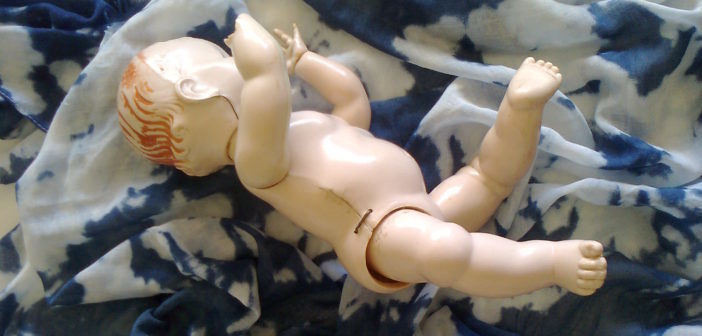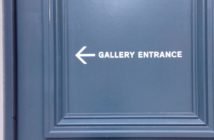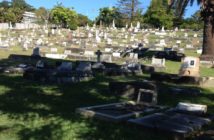Do not leave me hanging by a thread is a YouTube spoken word project to encourage support for the work of Medecins Sans Frontieres – Doctors Without Borders.
“Medecins Sans frontieres – Doctors Without Borders is an international non-governmental humanitarian medical organisation. It delivers emergency aid to people affected by armed conflict, epidemics, natural disasters and exclusion from health care. It was founded in Paris in 1971 by a group of doctors and journalists who believed that all people have the right to medical care regardless of gender race religion or political affiliation. There are regionally based organisations. Australia has an organisation www.msf.org.au “
I don’t own a television set anymore but that doesn’t mean I am insulated from the circumstances of other communities, other people, other women or other children. And, over the past months Radio New Zealand has relayed cellphone calls from a woman, a mother, from a rooftop in Aleppo. The sounds of fighting and the sound of her children crying are piercing. I’ve also heard the clear speaking but weary voices of medical personnel outlining with hideous clarity the medical reality for the community, hospitals and patients in war-torn Syria.
In the middle of 2016 I decided I should “do something”. Initially I was going to publish folios of my poetry, sell them and donate the money to MSF – Doctors Without Borders. Then I decided to create a You Tube channel and create a link so viewers could donate directly to MSF. When I heard the mother from the Aleppo rooftop I decided that we should also use cellphones to record our words. And, with the help of Dhaivat Mehta and Parewhati Taikato that’s what has happened.
You may find it ironic that I’ve dedicated my project to the young German soldier who saved my father’s life during World War II – two young men involved in bringing war and death to others. The future of one serendipitously changed by the humanity of the other.
My father was the sole survivor of a RAF bomber that crashed near a coastal German village while trying to make its way back to England after bombing a German city. The crew, other than my father were all young New Zealanders – they died when the plane, on fire, crashed into a field and exploded.
My little English father was the short and slight person in the gun turret at the tail of the plane – usually not the best place to be. On this occasion it was, as the tail broke away from the body of the plane, and although it too was on fire my father managed to get out after it crashed away from the main section of the bomber.
He was captured by villagers and handed over to a soldier to be taken away to be shot. As a child I was told that another soldier who ‘just happened to be passing” intervened and “wrestled him free” – saved by the enemy.
I have no idea what really happened to my father during his years as a prisoner of war. All I knew; he was in the salt mines in Silesia. All I knew was that he was “force marched in front of the Russians” and he survived because of the “goodness of the ordinary German people” who threw him food.
He couldn’t close some of his fingers because he had cut his hands apparently holding on as the bomber was going down. He’d had head injuries. And once out of the blue my Mother said “if he stopped working the guard would hit him on his back with the butt of their rifle” – but I was in my fifties when she told me that. But this and that he apparently used to cry late at night weren’t ever mentioned to me as a child – it was only the “good stuff”. And certainly reading the two poems published in “Out of the Blue – the role of luck in air warfare 1917-1966” don’t disclose the anger or despair I would have expected.
So what’s changed? For a lot of the world nothing and for many communities ongoing and persistent warfare and conflict and we’re even better at destruction and death now. My parents migrated to New Zealand in 1950 – I had my first birthday on the boat coming here. I consider I’ve had a life of privilege, ease and opportunity in post-war New Zealand.
As an introduction to the You Tube channel, Do not leave me hanging by a thread, Dhaivat and I recorded the following explanation of the project:-
“My name is Rosemary Balu. Today is Wednesday 30th November 2016. I am in the gallery of Creative Bay of Plenty, Tauranga, Aotearoa, New Zealand with my friend and colleague Dhaivat Mehta and my friend Parewhati Taikato, the Gallery Curator who is phone-filming us.
We want to share our spoken word poetry and the spoken words of a variety of people of different backgrounds and cultures who support the spirit of Doctors Without Borders – Medecins sans frontieres and what those involved with that organisation do around the world.
We are not suggesting that life is perfect here in New Zealand – for many it is not – we have issues of significant economic disparity, racism, societal marginalization and family violence We have just had another major earthquake devastating part of our South Island. But we live in comparative peace and freedom in a relatively clean and well-ordered country and we have the peace, freedom and resources to resolve the problems we face.
Doctors without Borders MSF is an International non governmental humanitarian medical organisation
It delivers emergency aid to people affected by armed conflict, epidemics, natural disasters and exclusion from health care.
It was founded in Paris in 1971 by a group of doctors and journalists who believed that all people have the right to medical care regardless of gender race religion or political affiliation.
There are regionally based organisations Australia has an organisation www.msf.org.au
I am dedicating this spoken word project to Heinrich Dirks the 19-year-old German Wehrmacht soldier who in 1942 during World War II “with real courage” saved the life of the 23-year-old sole survivor of a crashed RAF bomber – John Dixon – my father. While a prisoner of war my father wrote poetry some of which he took back to England with him.
“Stalag Snowfall”
Stalag 8B, Lamsdorf, 1944
Snow falling
whirling and swirling.
No calling
of birds.
Soft words
drifting over
the hush of morning…
Suddenly excited
voices of men sounding
more like boys,
hoping soon to be rounding
the clean, cold whiteness
into the brightness
of shining snowballs.
Hurling or curling
balls of beauty;
glittering grenades
of Silesian snow.
John Dixon
In 1950 John Dixon migrated to New Zealand to continue to live his life and continue to write poetry. Heinrich Dirks was captured on the Russian Front – his family never heard from him again.
In a few weeks we will be celebrating one of the principal religious and social festivals of our New Zealand community. It’s a time of general gift giving. We would like to suggest that if you are able to, you make a cash gift directly to Doctors without Borders.
IntroductionNov2016”
The first poem I have contributed is one from my folio of “Ordinary Poems”. I live high on a rural plateau on the outskirts of Tauranga – Whakamarama, in the Kaimai Ranges. The Kaimai are a barrier between the ocean and the hinterland of the Waikato. Historically, through Whakamarama was a bush pathway from the Waikato enabling inland living people to access the coastal sources of seafood of the Bay of Plenty. “The Wairere Track” was also used by early Christian missionaries to travel from the Waikato to the Bay of Plenty. Waharoa was the name of the principal Chief associated with the area.
Names of Maori Chiefs such as Waharoa and in South Auckland that of Taka-a-nini were associated with areas of early land sales (or confiscation) recorded in those large parchment, handwritten early European land titles I touched as a young legal secretary. Like the Wairere Track – they’ve disappeared.
Today there is State Highway 29 (SH29)– a grindingly high roadway through the Kaimai enabling huge loads to be truck and trailered to and from our major port of Tauranga and Central North Island New Zealand. Descent of both sides of SH29 requires the same caution as the enforced snail’s pace ascent. Ironically there is a railway line (a single line) through the Kaimai – it comes out north-west of Tauranga at Apata but the highway is still crammed with large, slowly labouring vehicles.
In winter low cloud can cover both Whakamarama and the higher part of SH29, there can be heavy rain, sleet and ice – often the road speed is lowered.
When my son lived here in Whakamarama I would often get cellphone images taken on his early journey down the hillside Whakamarama Road of beautiful sunrises surrounding the mountain Mauao. I prefer the grey, green stillness of the winter landscape – steel sea, grey cloud, black outlines.
Wairere 29 was written one mid-winter morning of 2016 as I drove slowly down Whakamarama, across the foot of the plateau, past the river and the power station and slowly reached the cloud-covered top of SH29 on my way to visit an anti-agri-chemical use activist. I’ve found on any journey it takes me much longer to get there than it does to get home – and that’s evident in this poem. The desire to get home however has to be tempered by the steepness of SH29.
wairere 29
The horizon seems so close to Whakamarama
I could reach out over Matakana
and touch the translucent winter sky
the backlit morning sheen
makes puddles of slickness on the inner harbour
where Mauao stands
warming his bones in the yellow light
the breath of Papatuanuku lies above the land
an ethereal morning haze
the Kaimai wear their grey pashmina
eyeliner black swathes of pine outline their curves
and cheek hollows
coffee bean water below
Ruahihi is impenetrably still
A cowl of low cloud
coldly covers my small car
and reduces me to instant isolation
I move past irrationally laden trucks
avoiding the reality of rail
past derelict family cow sheds supplanted by
corporate agricultural grandeur
past the wide extravagant
and thoughtless arms of futuristic irrigation units
I enter the rohe of Waharoa
The white moon indicates her presence as a
roaring winter light fights to remain in the sky
The day deepens into its winter cloak of half darkness
as the panoply of the Bay presents.
Guardedly we drive
towards
the sea.
Rosemary Balu 2016
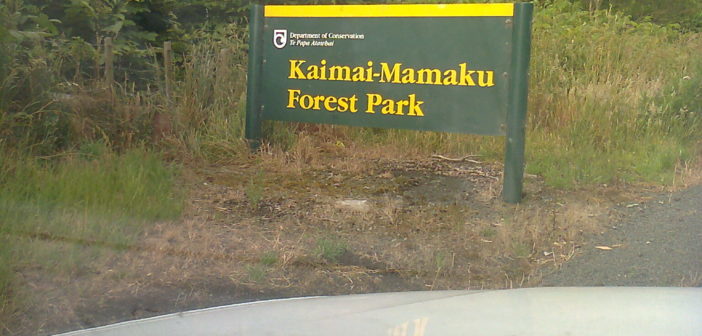
Kaimai Mamaku Forest – the forest of New Zealand
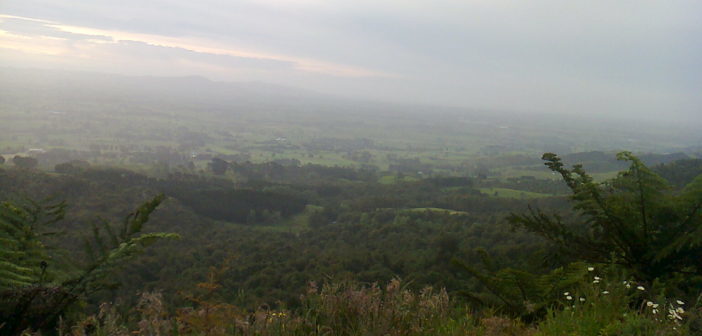
From the top of the Kaimai across the Waikato
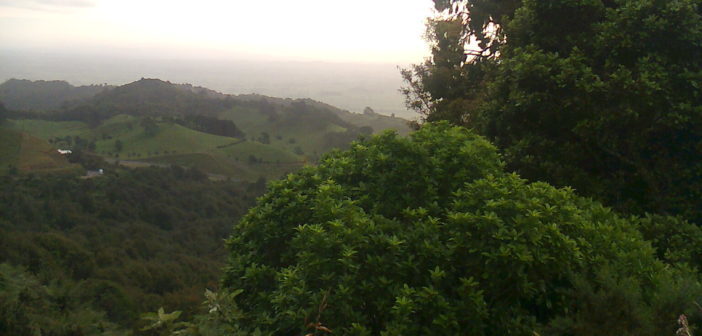
Across the Kaimai
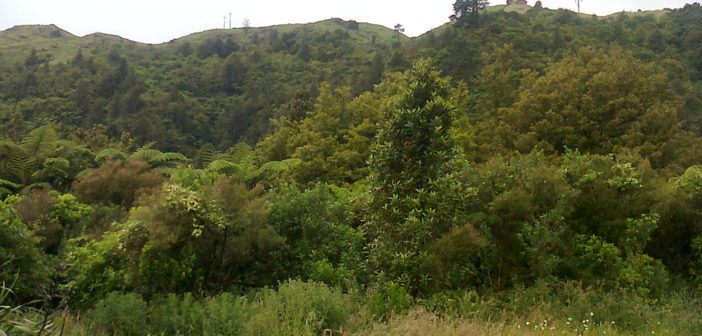
Kaimai colours – the greens of the bush

guardedly we drive towards the sea…
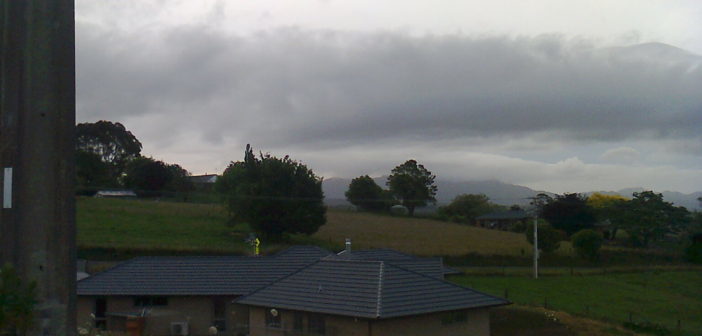
The Kaimai from the Whakamarama Road
My next poem is from my folio of Love Poems. I often find it difficult to define the exact category a poem belongs to as the issues of love, loss, abuse are so inextricably linked. I’ve included “Standing” as a love poem because, although it records the pain of unbearable loss, it is derived from the strongest of positive feelings.
Standing
The petals fall
Imperceptible against the white
of the window ledge
My pain diminishes
imperceptible against the taneko threads
of my life
The image of your face does not
diminish
it is lodged in my soul
The sound of your voice does not
diminish
it resonates in my soul
The spider-softness of
your touch will not diminish
It runs through the cells of
my skin and my soul
the petals fall
the pain diminishes.
Rosemary Balu 2016
There has developed a trend in New Zealand for the medals of ancestors to be worn at Anzac Day parades and services by their descendants: something I find of dubious taste. Anzac Day 2015 is one of two poems with that title from my folio of “War Poems”
ANZAC DAY 2015
I do not have your medals to
Wear in a parade and skite
I am the child of a returned man
You would ridicule me anyway
I do have the legacy you have given
me the ability to create and you
would want me to wear that and
parade that as the child of a returned man
You would want me to speak out
Against corruption. As a child
I never understood what you meant
“the gangsters rule the world”
I listen to the toned speech of Suzy
Ferguson who is moved by the young
deaths she sees at Gallipoli
Who is moved by the 14-year-old
Prostitutes in Hunters Corner –
those we don’t see.
Rosemary Balu 2015
Also a war poem, “Collateral Damage” is primarily talking to our current New Zealand family violence issues. We have significant statistics of abuse, violence and death which we seem unable to significantly reduce. I’m going to include a poem by Dhaivat Mehta below, which although he has not yet read for this project, he wrote for CLICK a youth oriented family violence project.
Collateral Damage
I sip my pinot noir
red
blackberry notes
they are investigating the
incident – collateral damage
burned to death in hospital
beds – an accident of war
she would tell me how you
cried late at night for the
women and children
you had killed – collateral damage
collateral damage – white ribbons
as we kill our own
in our homes
pinot noir
delicious red blackberry notes
Rosemary Balu 2016
Dhaivat Mehta is a multi-talented young Tauranga creative well-known as a spoken word and slam poet. Dhaivat has contributed two spoken poems to Do not leave me hanging by a thread. He has also created the You tube channel and will edit and upload the content.
Dhaivat’s technical skill and Parewhati Taikato’s (Curator at Creative Bay of Plenty) willingness to phone film the poets are an integral part of this collaborative project.
Endangered Species
Our fallen brothers
And lost sisters
Roaming the forests of atlantis
Searching for salvation…
We miss you
Are you alright?
We apologize for abandoning you at the circus
Making you walk through the rings of fire
Selfish human desires
Has made me lose track of your DNA
But it’s ok
We put you face on the cover of magazines
We broadcasted you on live TV
You are the symbol of our corporations
The main attraction of our captive Zoo!
I am sorry we couldn’t save you…
We kept you down when you wanted to rise
We kept you chained when you wanted to fly
We kept you tame when you wanted to be wild…
My rare child!
I apologize…
Dhaivat Mehta
Just Let Us Be…
So we’re gathered here tonight.
To dance with kaleidoscopic dinosaurs
And breathe fire from our eyes
One word at a time
NOW DIG IT!
They dressed the scarecrows
In expensive tuxedos
To strike fear into the spine of flightless birds
But it’s alright
Thy were getting sick of the farm anyway
And wanted
To wander with the noise
So we followed them
Past the darkness and into the light
We were unwavering in the promise of the Sun
As we let the earth linger
And dreamt of sweet Lunar extasy
With the maidens of the moon
Oh yea…
It’s alright, we’ll get there soon
But We realized that we were awake in the green dawn
Sprawled out on the magic carpet
Whispering facts and anecdotes into the skies above!
Seeing
Television nightmares
Electronic Dreams…
The Super-natural screams
Oh let us breathe and set us free
Just let us be…
Yea…
Dhaivat Mehta
Violence is contagious It has been an eternal virus Throughout human history Responsible for the establishment of civilization itself, Some may even say that it runs in our blood. Love is also contagious Equally eternal And responsible for our very existence, Some may even say that It runs in our blood. Two opposing forces Running side by side within the self, Within each and every one of us Pouring into all aspects of our culture. The only difference is choice... Choice is conscious! So it is up to each and every one of us, You and I, Because our choices, right now Will echo into the future So let us make sure we choose right. And pass on a little bit more love, Through the veins of our collective futures And stand together, As a community for OUR right choice... Let violence, Be a thing of History! Dhaivat Mehta
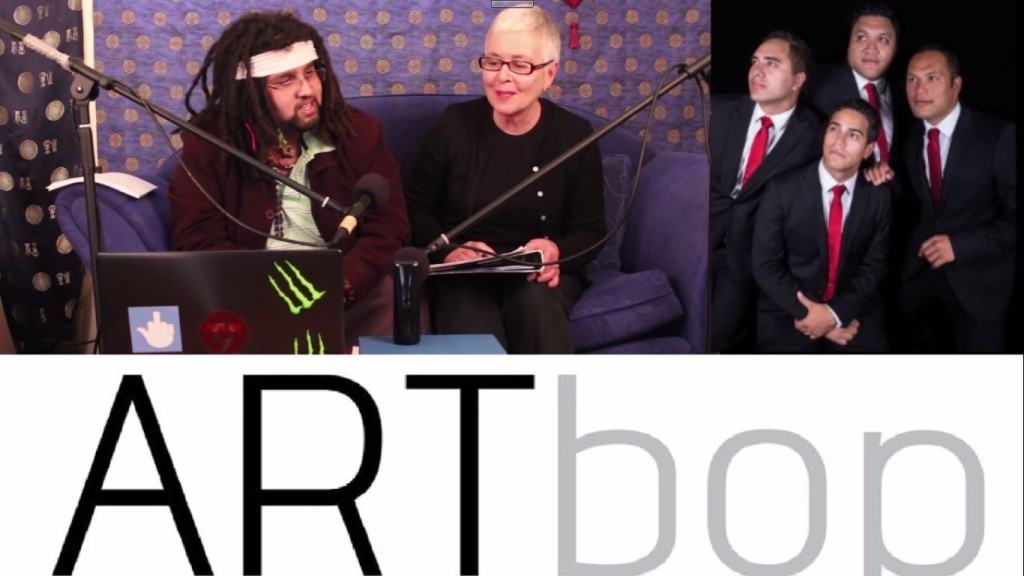
Dhaivat Mehta and Rosemary Balu when interviewing James Tito of the talented New Zealand group The Modern Maori Quartet
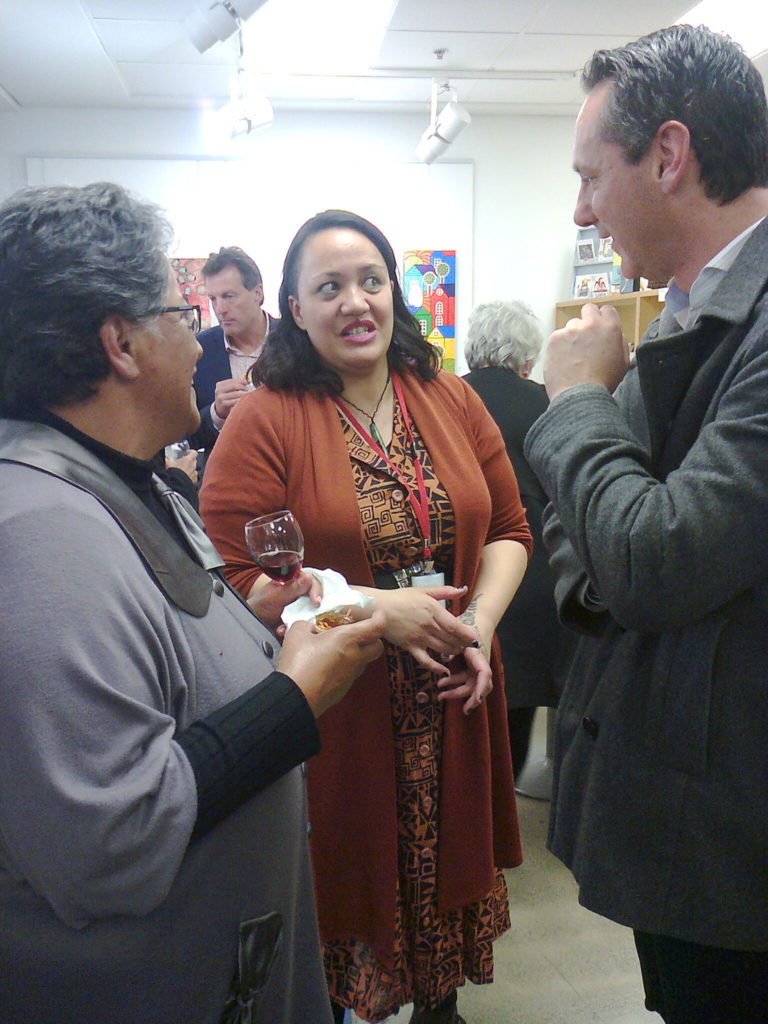
Parewhati Taikato (centre) Curator Creative Bay of Plenty


